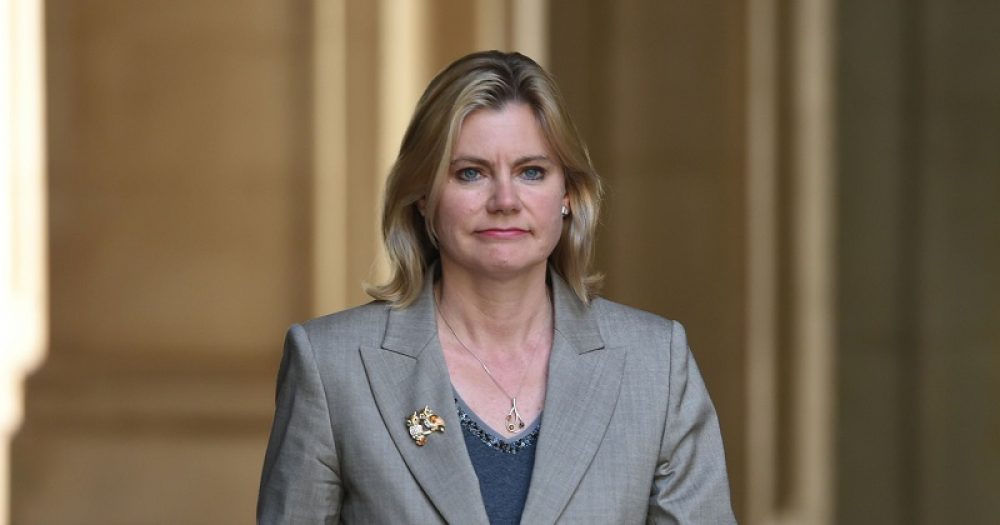Justine Greening will remain as education secretary in Theresa May’s new minority government.
After a turbulent weekend during which the prime minister scrambled to put together a minority government, Greening has retained the position she was first appointed to in July last year.
Greening held her seat by only 1,554 votes on Thursday but has made few wrong steps over the past twelve months – although she has garnered much criticism for the government’s plan to reintroduce grammar schools.
As the first mainstream comprehensively-educated MP in the education secretary role, one of her first actions was to announce plans to overturn the ban on new grammar schools.
However, despite the policy being in the Conservative manifesto, its fate now hangs in the balance as it is unclear if a minority government would be able to push it through.
Greening showed little enthusiasm for the policy throughout the campaign, leading to speculation she could be reshuffled, however she will now be returning to the Department for Education.
One reason may be her positive relationships with the teaching unions, whose leaders regularly praise her methodical nature.
She was nevertheless heckled by school leaders at the ASCL conference in Birmingham in March after she claimed pupils did better in selective schools.
Her greatest success in the sector so far was the U-turn over a plan to force all year 7 pupils to resit their SAT exams if they had not achieved a set bar while at primary school.
The policy was a 2015 Conservative manifesto pledge but Greening said she wanted secondary schools to focus on gaining “lost ground” rather than having pupils repeat materials.
Image: Justine Greening arrives in Downing Street this afternoon. David Mirzoeff/PA Wire/PA Images








Lesson from Labour’s astonishing revival: try being optimistic, Justine. Speak truth to power: tell May that grammar school reintroduction is insane. Come up with a realistic plan to recruit more teachers. Now’s your chance – don’t blow it.
And insist that schools do not face cuts. Previous governments (the Coalition and the last Tory one) both said they wanted UK/England to have a ‘world-class’ education system. But that can’t be done on the cheap or, as Nick Gibb suggested, renegotiating the photocopier contract or switch energy supplier.
Children are not sausages. To get the best out of all children, there should be different types of schools with different styles of learning. Students should be engaged at their own level in subjects which interest them to avoid disaffected, disruptive behaviours and get the best out of each individual. For years children have wondered why they learn trigonometry if they never intend to use it – extrapolate to all subjects – why has teaching not changed. The system acknowledges the need for special facilities for children with additional needs and these are available (if not widely). Why stop there?